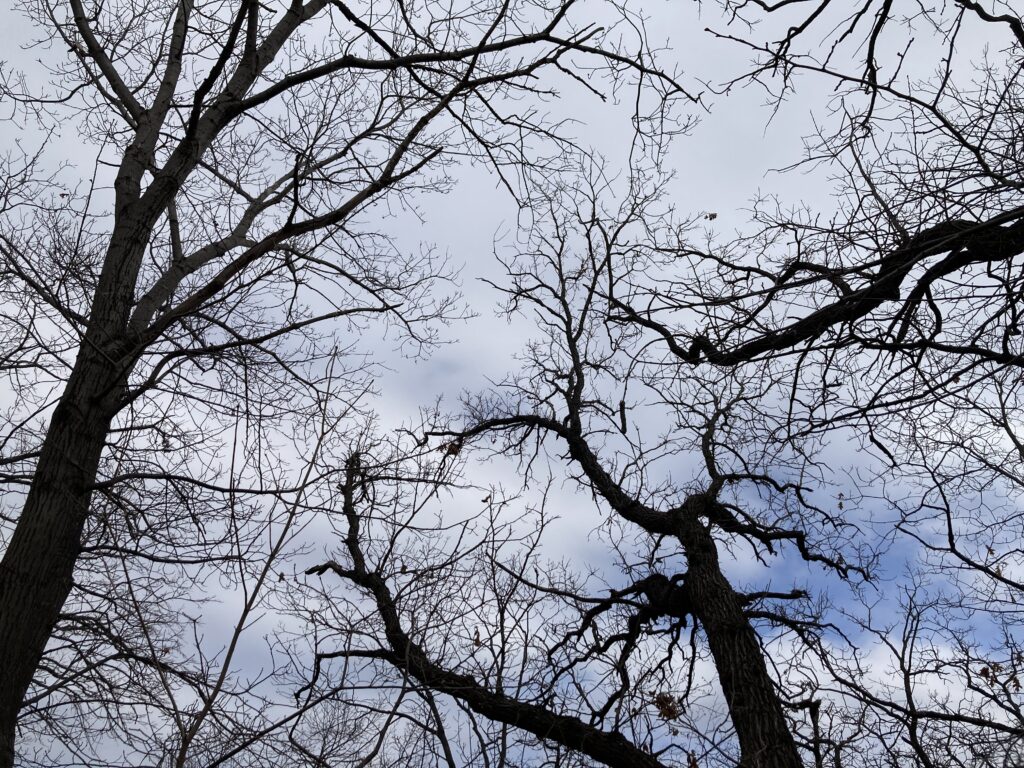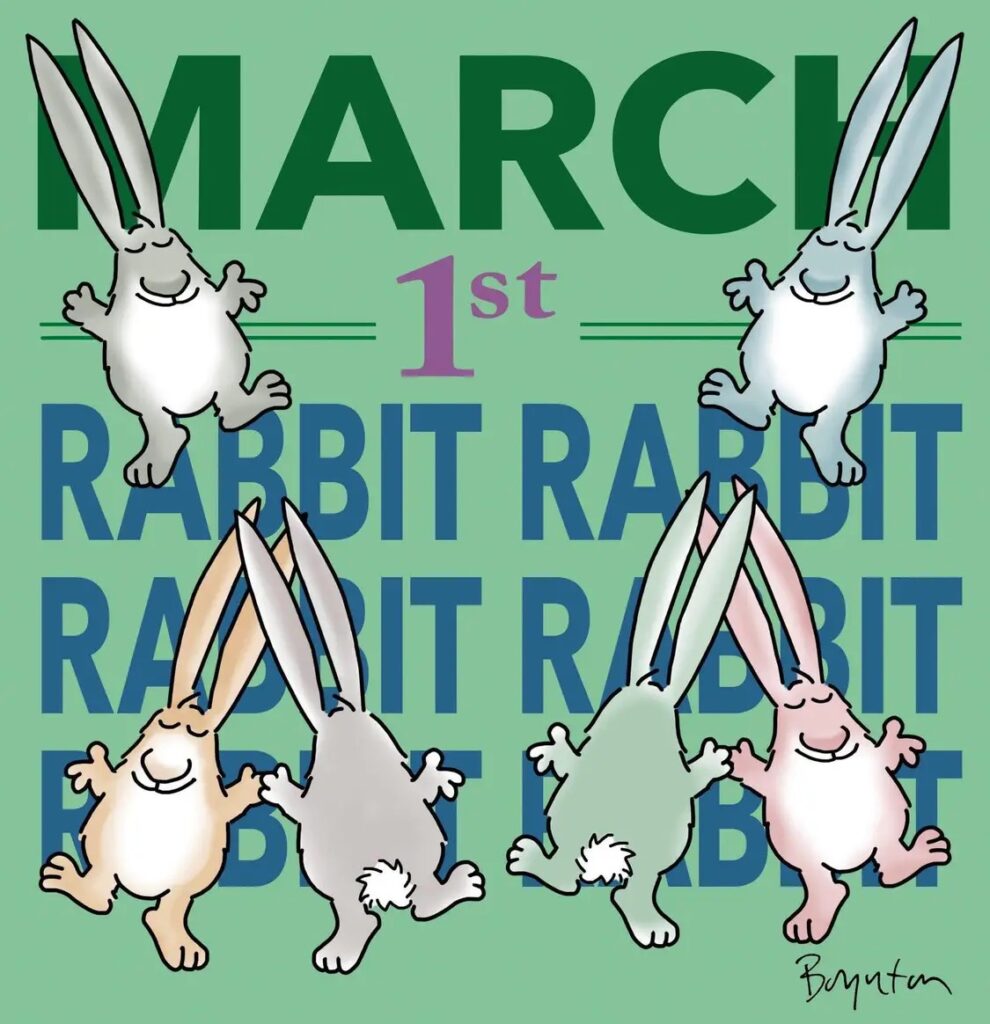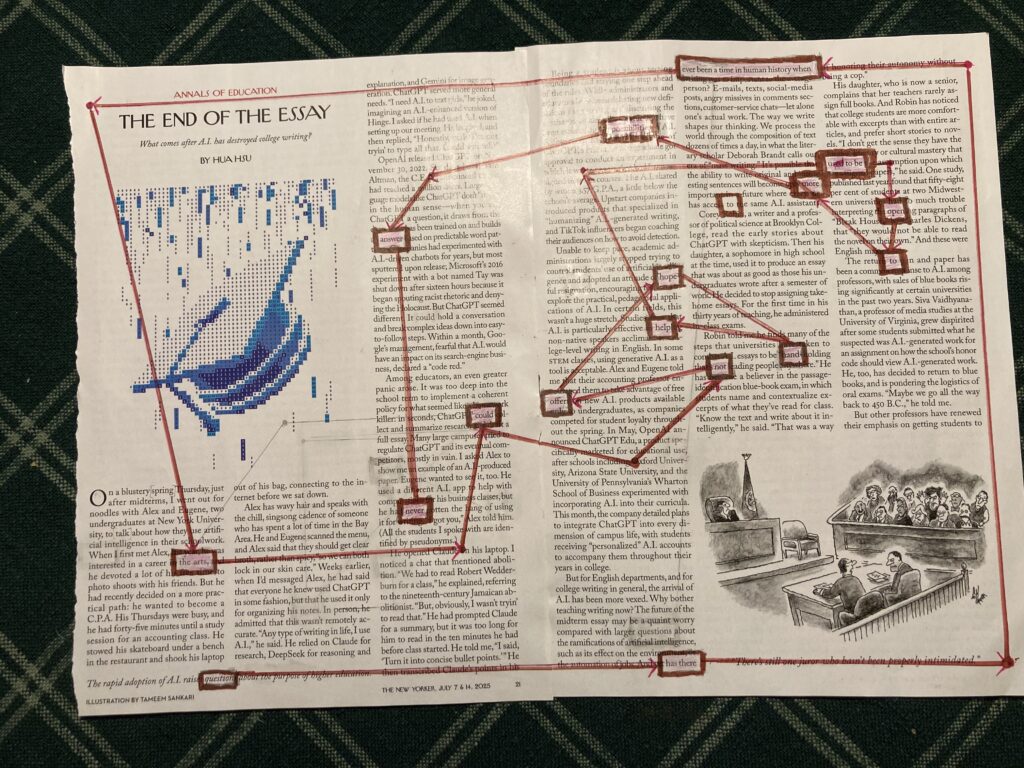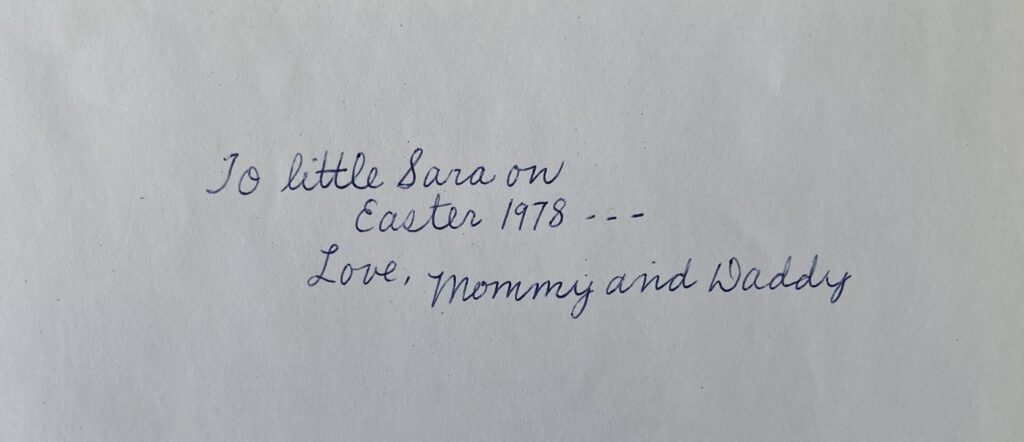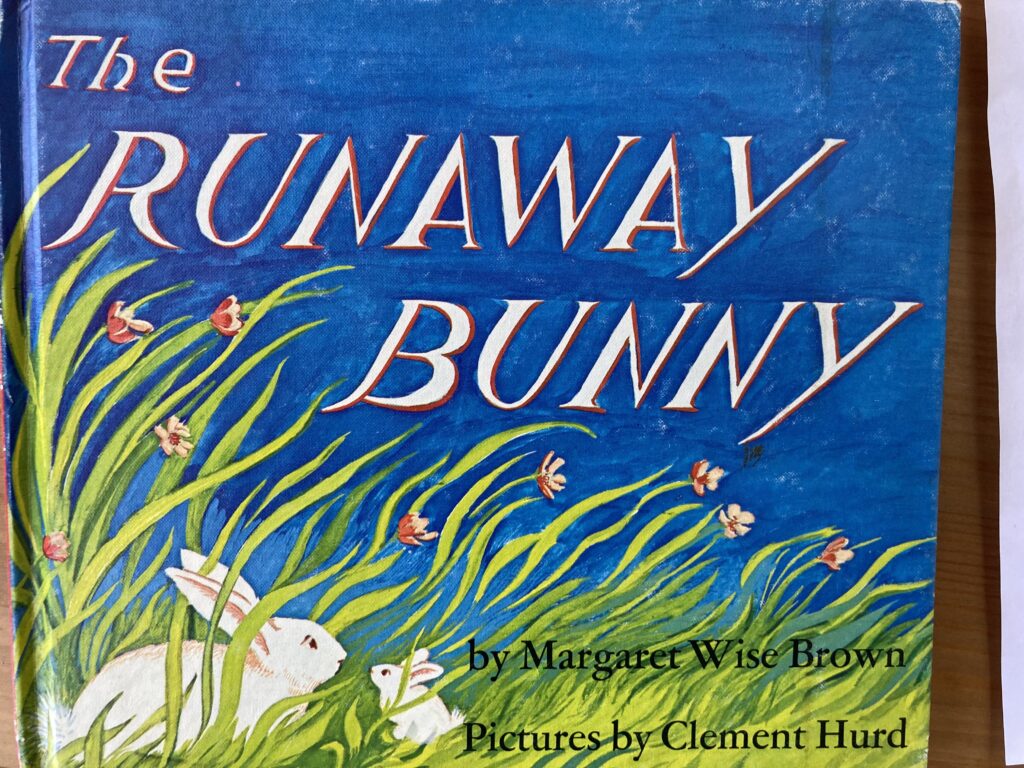5.2 miles
bottom of franklin hill
44 degrees
Another SPRING day! It felt so warm that halfway through the run, I took off my pull-over and ran with bare arms. No gloves, nothing covering my ears. Even with less layers I was warm. The walking path was clear enough that I was able to run past the Welcoming Oaks and the tunnel of trees. There were a few puddles and chunks and sheets of ice and for one stretch near the lowest point, snow covered almost the entire path. A few times my foot slipped a little but never enough to make me worry I’d fall.
I felt good and my legs felt strong. I was able to run up 3/4 of the franklin hill before I stopped for a walk break. The only part of me that hurt was one of my toes on my right foot. I was wearing different shoes than I normally do — a Saucony Ride instead of a Brooks Ghost — and something about this version of the has never worked for me. I’ve had these shoes for more than a year — 2 years? — and they always cause something to hurt, like my toe or my calf.
10 Spring Things
- open river! down in the flats, when I could get very close to it, I watched the small spots of foam as they slowly floated downstream
- sh sh sh — the sound of my feet running over the grit on the edge of the trail
- good morning! hello friends! — greeting the Welcoming Oaks
- the loud and steady sound of water rushing down over the ledges in the ravine
- a woman running in shorts and a jog bra
- mud, on the edge of the path — once, as I turned a corner, I stepped in it and almost twisted something
- whoosh! car wheels speeding through a puddle, water flying up
- along with the mud, bare dirt, some grass
- last week, running under the franklin bridge when it was even wetter than today, I noticed a black jacket on the ground, soaked. Today that same jacket was hanging from a branch, dry
- like yesterday, where there was ice on the path, there were also dead leaves — suddenly realized: someone from Minneapolis Parks had most likely spread the leaves as a natural way to make the path less slippery (as opposed to ice-melt and all of its chemicals)
Rabbits in Art
1 — Rabbit by Jeff Koons
I’m fairly certain that I’ve seen and/or heard of Koons’s Rabbit, but I only thought of it for this “rabbits in art” exploration when it came up in my google search.
DETAILS
Jeff Koons (b. 1955)
Rabbit
stainless steel
41 x 19 x 12 in. (104.1 x 48.3 x 30.5 cm.)
Executed in 1986.D
You can find the image, both close-up and to scale, on Christies auction house site. I’m choosing not to post the image in this entry because of copyright concerns. Even though my use of the image should easily fall under fair use.1
In 2019, this controversial sculpture sold for $91 million. Christies’ page for this auction item has a lot of good information about the sculpture — it’s history, significance, probably all of the citations to articles about it that you might ever need.
Here’s the opening paragraph of Christies’ essay about it:
Since its creation in 1986, Jeff Koons’s Rabbit has become one of the most iconic works of 20th-century art. Standing at just over three feet tall, this shiny steel sculpture is at once inviting and imposing. Rabbit melds a Minimalist sheen with a naïve sense of play. It is crisp and cool in its appearance, yet taps into the visual language of childhood, of all that is pure and innocent. Its lack of facial features renders it wholly inscrutable, but the forms themselves evoke fun and frivolity, an effect heightened by the crimps and dimples that have been translated into the stainless steel from which it has been made. Few works of art of its generation can have the same instant recognizability: it has been on the cover of numerous books, exhibition catalogues and magazines; a monumental blow-up version even featured in the 2007 Macy’s Thanksgiving Day Parade. For an artist such as Koons, who is so focused on widening the sphere in which art operates and communicates, Rabbit is the ultimate case in point.
Christies
Childhood — all that is pure and innocent. Fun and frivolity.
And here’s what Jeff Koons says about it, cited in Kurt Varnadoe’s essay for Art Forum, 1986: Jeff Koons’s Rabbit:
This snarky little thumper has other stories to tell too. Koons said, “To me the Rabbit has many meanings. It is a symbol of the playboy, of fantasy and also of resurrection.” (The joining of those last two terms alone can provide food for long thought, or skepticism.) “But to me, the Rabbit is also a symbol of the orator making proclamations, like a politician. A masturbator, with a carrot to the mouth.”
1986: Jeff Koons’s Rabbit
2 — Rabbit as Symbol
Drawing from “Going down the rabbit hole” and “Rabbit as Symbol: The Significance of Rabbits in Dreams, Literature, and Art,” here are some things that rabbits represent:
- mortality (They are born, live and die within a short time, in line with the seasons)
- fertility / abundance / sensuality (their rapid breeding rate)
- innocence and vulnerability (a prey animal)
- the Diaspora (introduced to the UK from Spain by the Romans)
- a reliable source of food (The ability to keep rabbits would mean a fairly consistent source of meat for a struggling family)
- treasured pet2
- magic/mysticism/wonder/curiosity
- gentle
- agile
- playful
3 — Medieval Killer Rabbits
I mentioned Monty Pythons killer rabbit last week. It comes up again in this article about drawings of bad bunnies in medieval art.
Rabbits can often be found innocently frolicking in the decorated borders or illuminations of medieval manuscripts, but sometimes, for reasons unknown, these adorable fluffy creatures turn into stone-cold killers. These darkly humorous images of medieval killer bunnies still strike a chord with modern viewers, always proving a hit on social media and popularised by Monty Python and the Holy Grail’s Beast of Caerbannog, ‘the most foul, cruel, and bad-tempered rodent you ever set eyes on!’.
Medieval Killer Rabbits
I like this explanation for why bunnies were depicted as killers:
In real life, rabbits and hares are docile prey animals. But in decorated initials and marginalia, medieval artists often depicted ‘the world turned upside down’, where roles are reversed and the impossible becomes the norm. So here, rabbits are violent hunters hellbent on punishing anyone who has committed crimes against rabbit-kind.
Medieval Killer Rabbits
Last week when I mentioned Monty Python, I didn’t know they were referencing a trend in medieval art/manuscripts of rabbits behaving badly, I thought they made it up as a joke!
I think it might be time to synthesize/summarize some of this bunny information. But, that’s a project for this afternoon! Now it’s time for day two of my New Yorker Found Poem experiment!
- “Fair use allows limited, unlicensed use of copyrighted images for purposes like criticism, commentary, news reporting, teaching, scholarship, or research. It is a legal defense based on four factors: purpose (e.g., non-profit, educational), nature of the work, amount used, and effect on the market” (source). I have been unfairly fined before, for using an image on an academic blog (over $700 in 2012). ↩︎
- “It is rare for a domesticated animal to be both considered food and a treasured pet” (source). ↩︎
New Yorker Found Poem Experiment #2
10:30 am — Before starting to work with an article, I decided to sort through RJP’s old markers and find ones that still work. At some point during the process, I realized that this looking through old markers was making me dizzy; something about it was too much for my brain and my cone-starved eyes. I stopped sorting. I should have taken a break, instead I did something else. A few minutes later, I felt woozy and needed to sit down. My hands were shaking and my legs felt tingly. My pulse was fine, but my blood pressure was elevated — 158. I think I was having a mild panic attack, triggered by the dizziness from my bad vision. Boo. It seems as if my anxiety is back. I had a nice stretch of a year+ without it. It also seems like I will need to be more careful with how I use my eyes. Too much trying to closely see something might trigger another one of these. Am I right in my assessment?
I am noticing that my vision has deteriorated more. It’s even harder to recognize the faces of actors on tv, harder to see my kids’ faces when they talk to me. Am I getting closer to the complete end of central vision?
Because of this incident, I did not start my second experiment this moring. Should I now, at 2:10 pm, or will it trigger more dizziness and anxiety?
Yes, I did it. I need to make sure I test out/find the right tools and be more deliberate in what I’m doing. I’m very messy — which is mainly because of my vision, but not completely. I’ve always been an almost and a that’s good-enough girl.
These poems are from a July 2025 article, Money Talks:
1 — Let me ask you a question
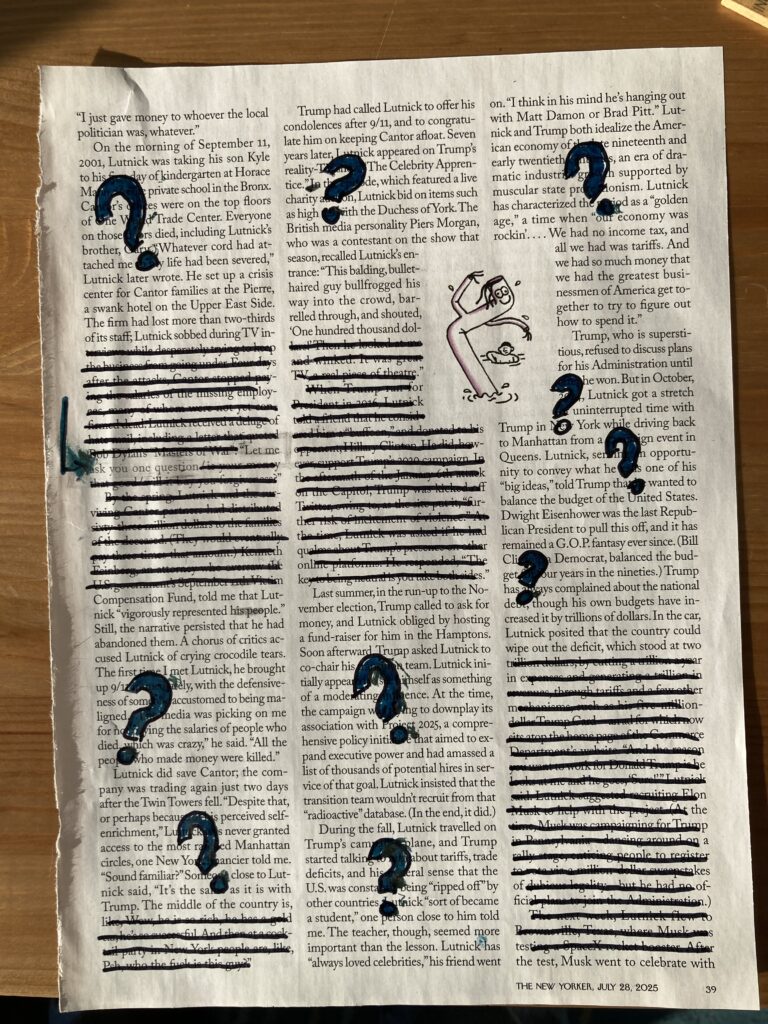
I like the idea of this, with all of the questions marks, but it is really sloppy and it doesn’t highlight the text that I’m using, “Let me ask you a question.” I would try this one again, but if I plan it more carefully and work on my question marks!
2 and 3
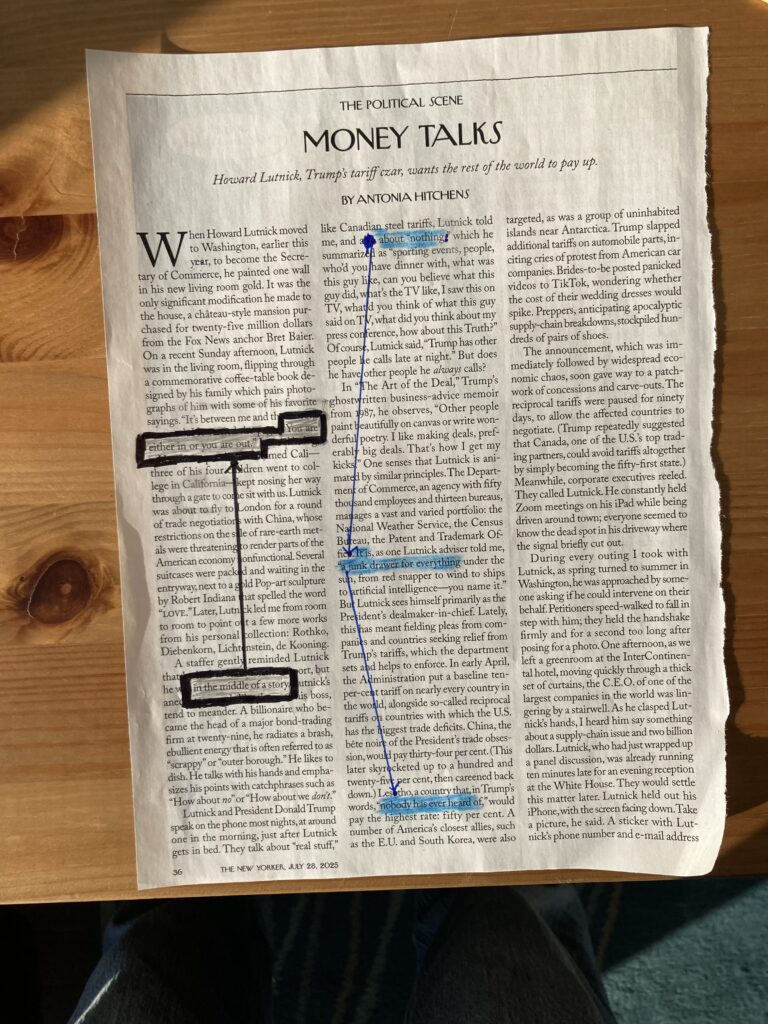
2: In the middle of a story, you are either in or you are out
3 — About nothing: it is a junk drawer for everything nobody ever heard of
Again, messy and poorly executed. I like that I used less words than the last one. I need to figure out a way to draw that I can do with my unreliable vision. It’s hard to see enough to color within the box or to draw straight lines, even with a ruler!
I like the idea of nothing as a junk drawer. It might make even more sense if I found a much, and could make nothing into nothing much.
I am listening to HCR’s politics chat for today and she said, as she often does, OOPSIE POOPSIE. I love when she says that!
